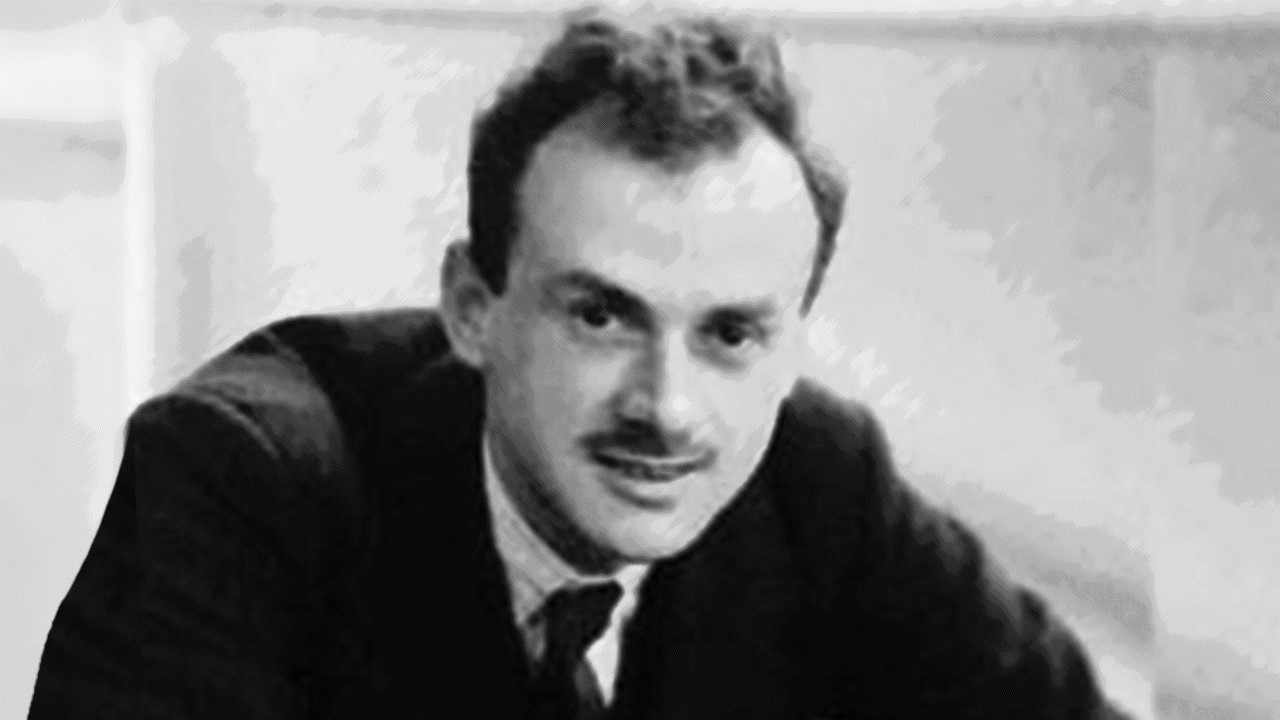
Paul Dirac was one of the most influential physicists of the 20th century who made pioneering contributions to quantum mechanics. Dirac predicted the existence of anti-matter in 1928 and won the Nobel Prize for physics in 1933.
According to Dirac, (1) God is a mathematician of a very high order and He used very advanced mathematics in constructing the universe. Many believers take this quote as proof that the greatest scientific thinker of the past century is one of their own.
However, it is forgotten that as a devoted physicist Paul Dirac stayed away from religious activity as far as he could. Dirac was well known for being against organized religion as its influence grew politically.
At the same time, Dirac did not identify clearly as an atheist like other physicists as Bohr, Feynman and Hawking, but he described the possibilities for scientifically answering the question of God. Most biographers today would agree that Dirac was an agnostic.
In 1927 Solvay conference, scientists were discussing religious and/or spiritual implications of quantum mechanics, to which Dirac strongly objected, saying: (2) I cannot understand why we are talking about religion. If we are honest—and scientists have to be—we must admit that religion is a jumble of false assertions, with no basis in reality. The very idea of God is a product of the human imagination.
As a young man, Dirac was upset by dishonesty and self deception in religion. He understood how religion was a political tool as he said: (3) If religion is still being taught, it is by no means because its ideas still convince us, but simply because some of us want to keep the lower classes quiet. Quiet people are much easier to govern than clamorous and dissatisfied ones.
Niels Bohr was impressed by this viewpoint, regarding it as "quite lucid". Werner Heisenberg was tolerant, while Wolfgang Pauli commented: (4) Our friend Dirac has his own religion and its guiding principle is, There is no God and Dirac is his prophet. Everybody present burst into feeble laughter, including Dirac.
In 1963, Dirac wrote for Scientific American that God used advanced mathematics in constructing the universe and as we develop higher and higher mathematics we can hope to understand the universe better.
Dirac mellowed as he grew older but still did not commit himself to any definite view. In 1971, Dirac proposed, (5) if life can start very easily and does not need any divine influence, then I will say that there is no god.
In other words, the discovery of life elsewhere in the universe or creation of life in laboratory would convince Dirac that there is no god. In 1996, a team of scientists discovered evidence for microscopic fossil life in a meteorite from Mars. But more research needs to be done on this.
In the meantime, scientists are looking for earth-like planets or mimicking conditions necessary for the creation of life in laboratory. The possibilities are endless. It is only persistent observation and exploration that will bring us closer to answering the question of God.






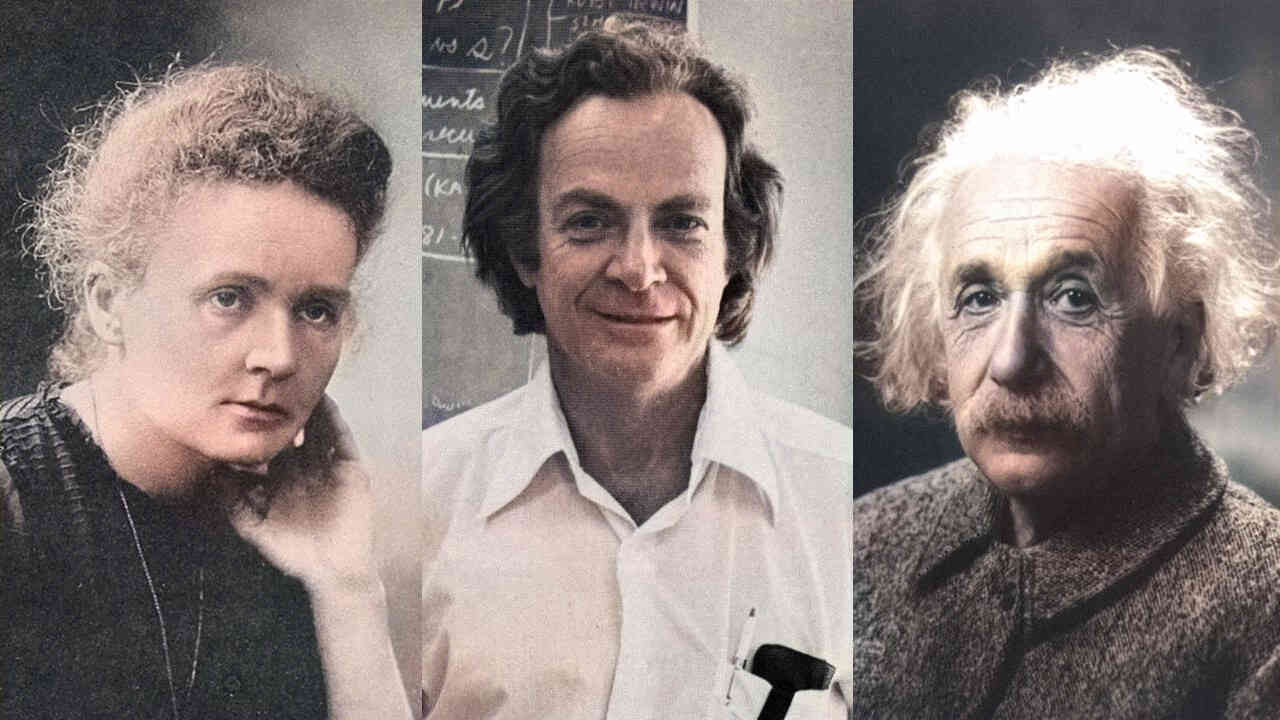




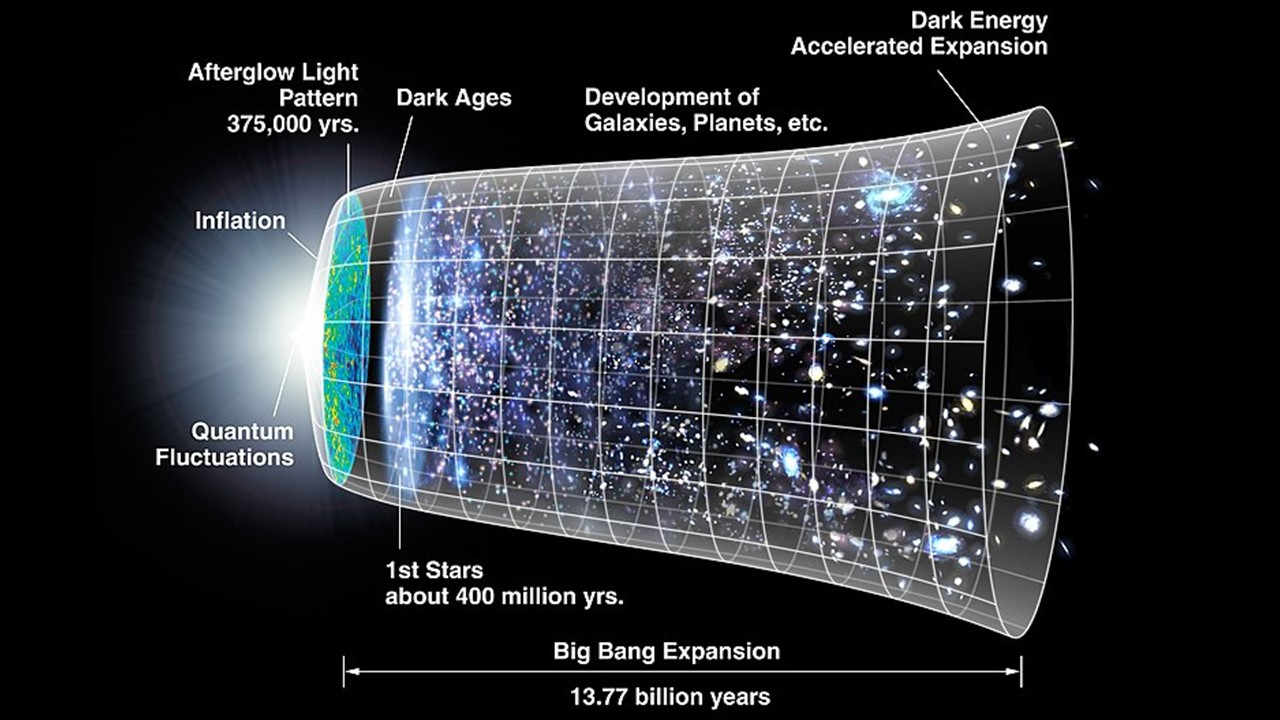
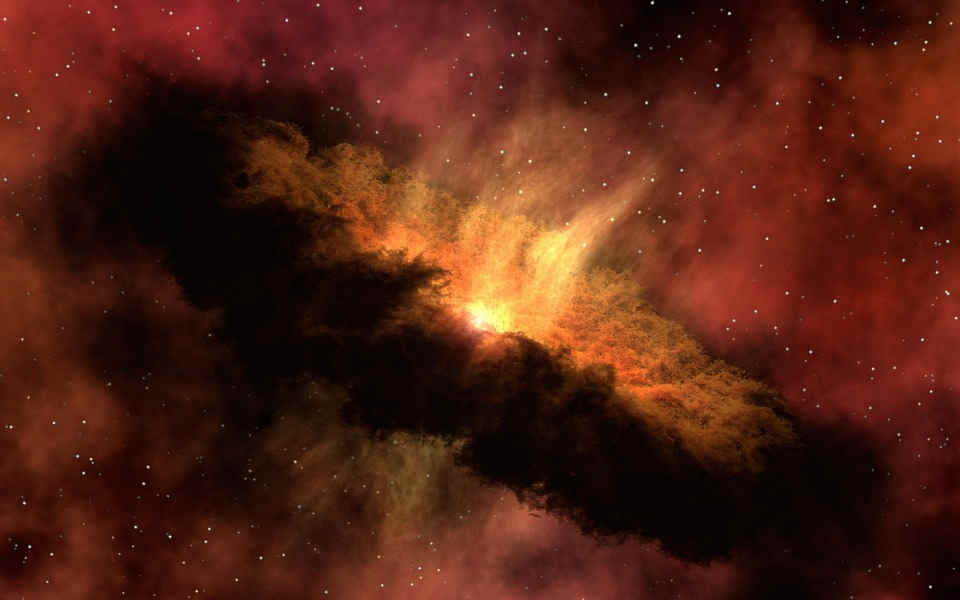
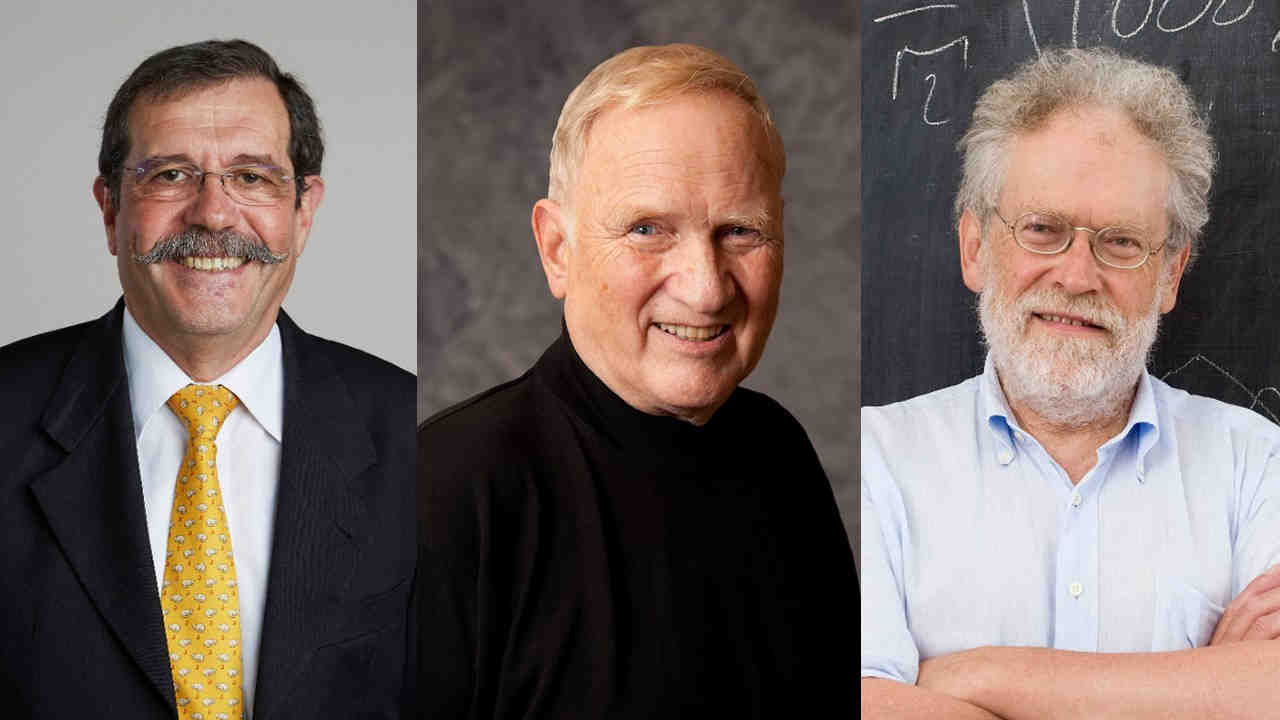
 Physics, astronomy and science history blog for students
Physics, astronomy and science history blog for students